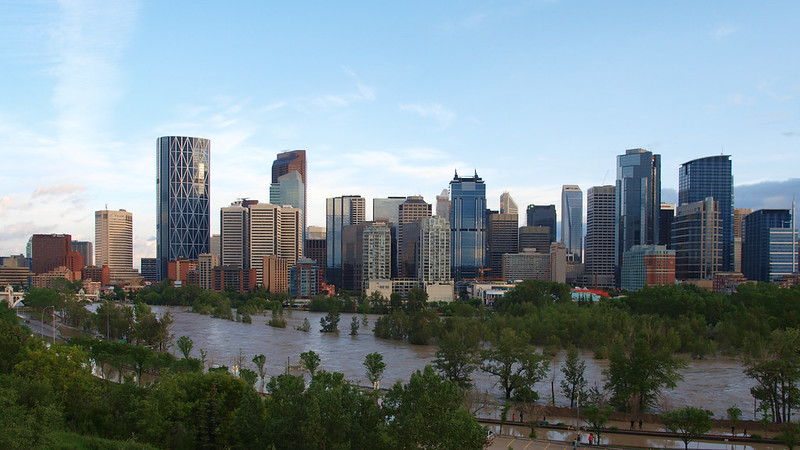Planning around COP25: call for blog posts
The recent UN climate conference COP25 took place in Madrid last December. The conference fell short of consensus in many areas, although many technical issues were discussed at length. Effective implementation of the Paris Agreement will require significant effort to tackle climate change, including more ambitious commitment.
Calls to address the climate change issue have turned into a global plea for universal survival (including the human race). As a sign of this plea becoming more vocal, such as through the Extinction Rebellion (XR) movement, young climate activist Greta Thunberg has been selected Time person of the year.
On December 11th, the European Commission issued a 'Green Deal' to help implement the UN's 2030 Agenda and the sustainable development goals (SDGs). If taken up by the EU community, this document could translate into climate neutrality by 2050.
In the US, the 2100 Project: An Atlas for a Green New Deal at the University of Pennsylvania's McHarg Center for Urbanism and Ecology literally puts climate change on the map to help implement a potential Green New Deal resolution. Globally, many ICLEI members are committed to move beyond the UN negotiations and implement ambitious measures locally at the city level.
In short, the climate situation is spurring people to act. In The Turning Point, animation artist Steve Cutts provides a bleak vision of what our future could be if we do not act now. Creative designers at What Design Can Do leverage design collaboration and solutions to tackle climate change alongside social inequity. Through the Earthshot Prize, Prince William is encouraging cross-sectoral collaborations to help deliver a 'decade of change to repair the Earth'. And there are many, many more initiatives.
Planners can act too. Beyond the COP25, it is more than timely to make a call for blog posts about resilience in spatial planning. The planning community can leverage effective measures for climate change mitigation and adaptation. Academics and practitioners whose work touches on resilience in one way or another are warmly invited to share their insight through short blog posts (e.g. 500-1500 words). Regardless of the main focus of your work (e.g. strategic planning, transport planning, architecture, energy, finance, food systems, development, governance, environmental management etc.), your insight on the topic of resilience will be highly valued by the wider community of spatial planners and other citizens of the world.
So do send your contributions to:
Here are also a few tips about effective blogging.

Flood in downtown Calgary, Alberta (Canada) in 2013. The increased regularity and severity of floods are just one of the destructive effects of climate change, as repeatedly evidenced over the past decade. As XR activists reminded us: This is not a drill! Picture credit: Wilson Hui on Flickr, Attribution Creative Commons.
When you subscribe to the blog, we will send you an e-mail when there are new updates on the site so you wouldn't miss them.


Comments 2
[…] we are blessed to enter the 2020s with both significant opportunities and very serious challenges, do continue to share your work with the YA blog by drawing inspiration from the survey responses […]
[…] Planning around COP25 – a call for blog posts about what spatial planning can do for the climate and the environment, to mark the UN Climate Conference that took place in December 2019 in Madrid, and other landmark climate-related events and initiatives […]